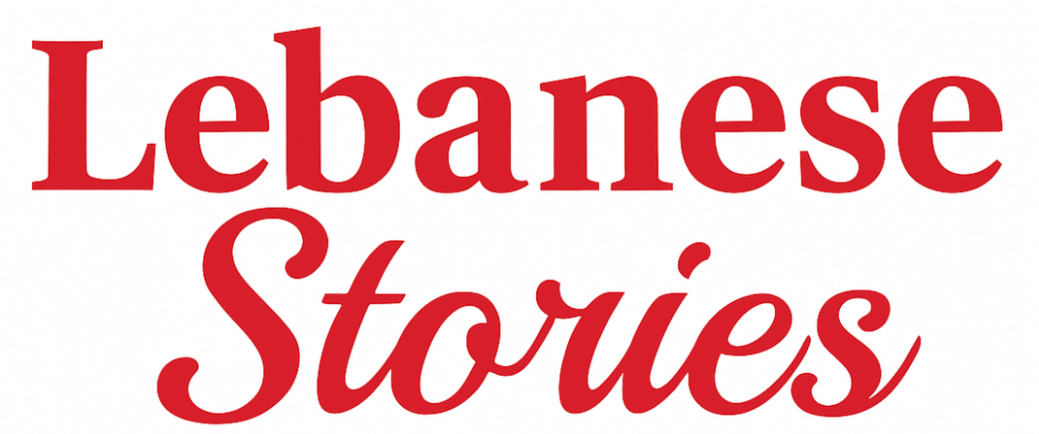In Lebanon, hospitality isn’t just a custom — it’s an identity. It’s woven into every handshake, every shared meal, and every story told over coffee. From the bustling streets of Beirut to the quiet mountain villages, the Lebanese way of welcoming others has earned a reputation that crosses borders.
A Tradition Rooted in Generosity
For centuries, Lebanon’s strategic location as a crossroads for trade and culture meant travelers were constantly arriving from far and wide. Hosting guests with open arms became second nature — not just an act of courtesy, but a source of pride. Whether it’s a neighbor dropping by unannounced or a stranger seeking shelter from the rain, the Lebanese instinct is to offer comfort before questions.
The Rituals That Make It Special
Hospitality here is a sensory experience:
The Conversation: Warmth isn’t just in the food — it’s in the endless storytelling, the laughter, and the willingness to share both joy and hardship.
Coffee & Sweets: No visit is complete without Arabic coffee served in delicate cups, often paired with baklava or maamoul.
The Feast: Guests are welcomed with mezze spreads that could feed a small village, even if they’re only expected to stay for an hour.
Hospitality in Modern Lebanon
Today, the tradition thrives in new forms. Restaurants greet regulars like family, boutique hotels blend luxury with familiarity, and even in the business world, meetings often begin with coffee and personal conversation before deals are discussed. The essence remains the same: making others feel at home.
More Than a Gesture
In a country that has faced its share of challenges, Lebanese hospitality is more than etiquette it’s resilience. It’s the belief that kindness is a strength, and that no matter the circumstances, there’s always room at the table for one more.

